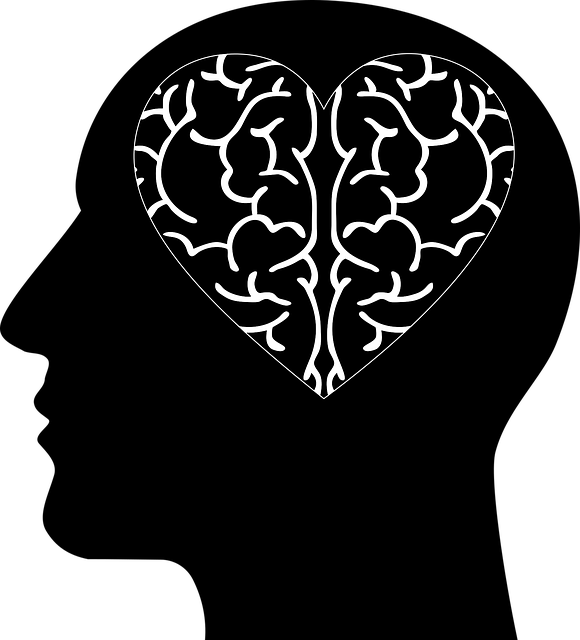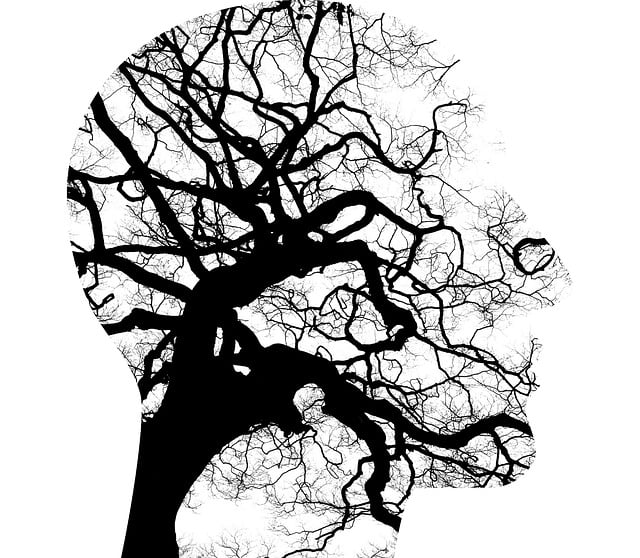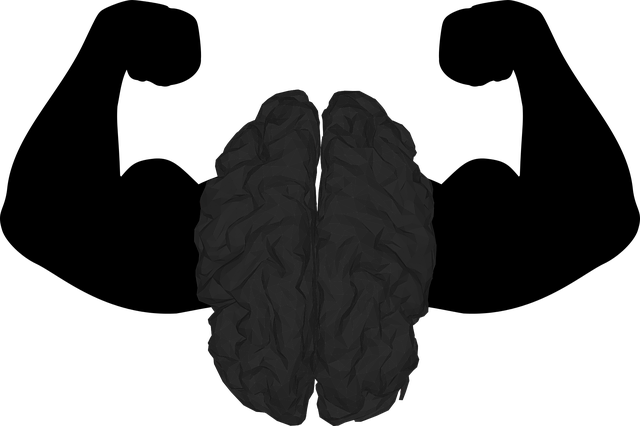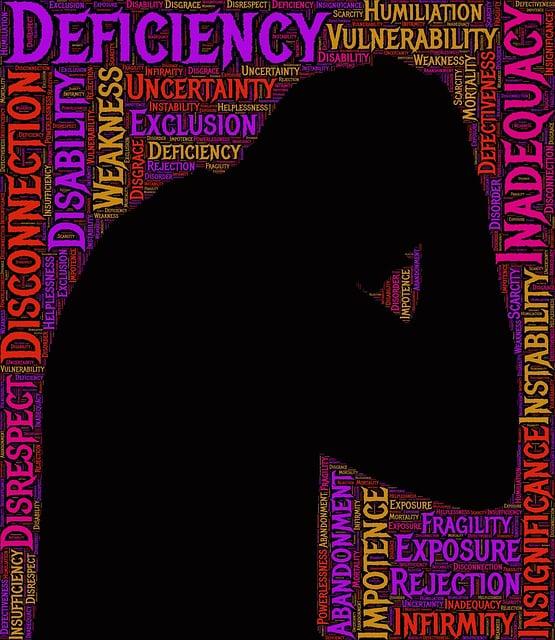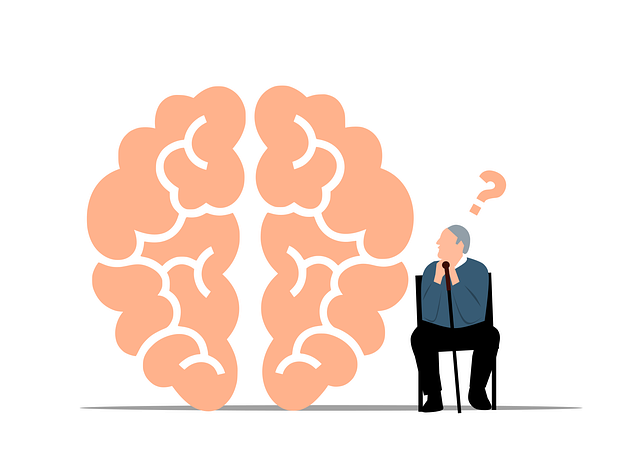Mental health professionals specializing in elderly care face unique challenges, including depression, anxiety, cognitive decline, and increased suicide risk due to isolation and loss. They must implement tailored interventions like Social Skills Training, Resilience Building, and Emotional Regulation programs. Continuous risk assessment, regular monitoring, and adaptive treatment plans are crucial. Professional development enhances emotional intelligence, enabling early warning sign identification and effective interventions. Key aspects include therapy for elders' suicide prevention and fostering strong therapeutic alliances to mitigate burnout risks and deliver high-quality care.
Mental health professionals face unique challenges when treating elderly clients, especially regarding suicide prevention. This article delves into the essential risk assessment practices for therapists working with seniors, addressing specific considerations in eldercare. We explore effective strategies to mitigate risks and promote safe therapy environments. By implementing continuous risk assessment and professional development, practitioners can enhance their capabilities in identifying and managing potential hazards, ultimately improving outcomes for elderly patients at risk of suicide.
- Understanding the Unique Risks in Elderly Mental Health Therapy
- Implementing Effective Suicide Prevention Strategies for Elders
- Continuous Risk Assessment and Professional Development for Mental Health Practitioners
Understanding the Unique Risks in Elderly Mental Health Therapy

Mental health professionals who specialize in elderly care face unique challenges and risks. As the elderly population continues to grow, so does the demand for specialized therapy services. Understanding the specific needs and vulnerabilities of this demographic is crucial. The aging process often brings about a myriad of physical and cognitive changes, which can significantly impact mental well-being. Depression, anxiety, and cognitive decline are common concerns, requiring tailored interventions.
One of the critical aspects is addressing suicide prevention among elders. With age, there is an increased risk of suicidal ideation and attempts, often linked to feelings of isolation, loss, and reduced mobility. Professionals must be adept at recognizing these risks and implementing strategies such as Social Skills Training to foster connections, Resilience Building techniques to cope with adversity, and Emotional Regulation programs to manage stress and negative emotions. These interventions play a vital role in mitigating potential hazards and enhancing the overall mental health and safety of elderly clients.
Implementing Effective Suicide Prevention Strategies for Elders

Implementing effective suicide prevention strategies for elders is a critical aspect of mental health care. As the elderly population continues to grow, so does the need for specialized services that address their unique challenges and risks. Mental health professionals must be equipped with the knowledge and skills to identify warning signs of suicidal ideation among older adults, who may express despair through more subtle means than younger individuals. This includes recognizing changes in behavior, such as increased social isolation or a sudden loss of interest in previously enjoyed activities.
Incorporating public awareness campaigns focused on suicide prevention can play a vital role in fostering a supportive environment for elders. By raising cultural sensitivity within mental healthcare practice, professionals can better understand the diverse needs and beliefs of older patients, thereby enhancing their ability to provide effective therapy. Moreover, building confidence among care providers through training and education ensures they are prepared to engage elders in meaningful conversations about mental health and suicide prevention, ultimately saving lives.
Continuous Risk Assessment and Professional Development for Mental Health Practitioners

Mental health professionals must embrace continuous risk assessment as an integral part of their practice. Regularly evaluating potential risks and vulnerabilities among clients enables practitioners to provide proactive support, especially for at-risk populations like elders facing cognitive decline or social isolation. This dynamic process involves ongoing monitoring, adapting treatment plans, and integrating advanced practices such as therapy for elders focused on suicide prevention. By fostering a culture of awareness, professionals can enhance their ability to identify early warning signs and implement effective interventions.
Professional development is symbiotically linked to this continuous risk assessment. Mental health practitioners should engage in regular self-awareness exercises that cultivate emotional intelligence, a cornerstone for building strong therapeutic alliances. Additionally, incorporating self-esteem improvement techniques into personal growth plans can mitigate burnout risks, ensuring professionals maintain optimal performance and resilience. Through ongoing learning and skill enhancement, mental health workers remain equipped to navigate complex cases and deliver high-quality care.
Mental health professionals play a vital role in supporting elderly individuals, but they also face unique risks. By understanding the specific challenges within elderly mental health therapy, such as suicide prevention, continuous risk assessment, and professional development, practitioners can enhance their abilities to provide safe and effective care. Implementing evidence-based strategies for suicide prevention in therapy for elders is crucial, ensuring a comprehensive approach that addresses these complex issues. This ongoing process fosters a more resilient practice environment and ultimately benefits the well-being of both professionals and their elderly clients.
